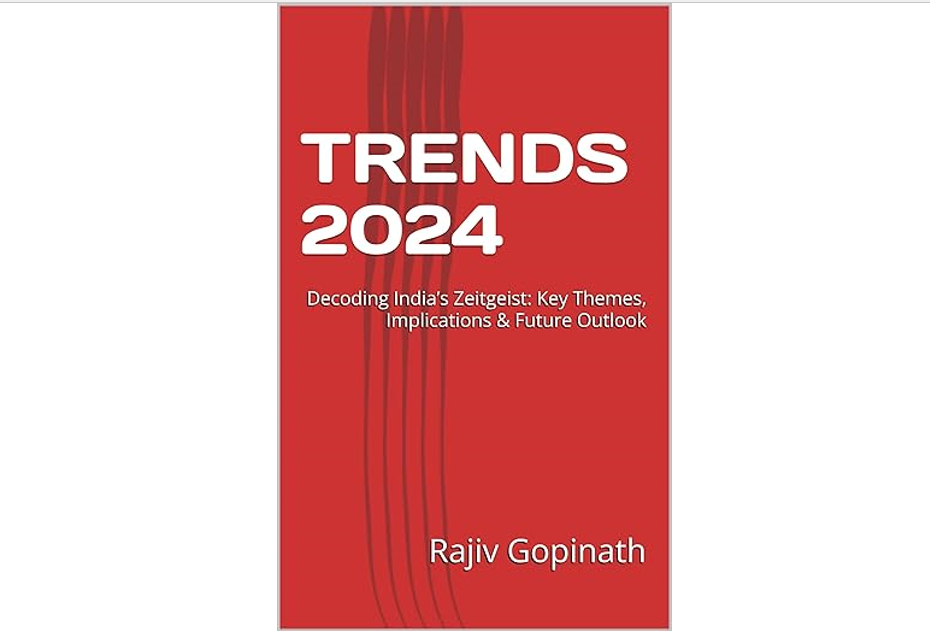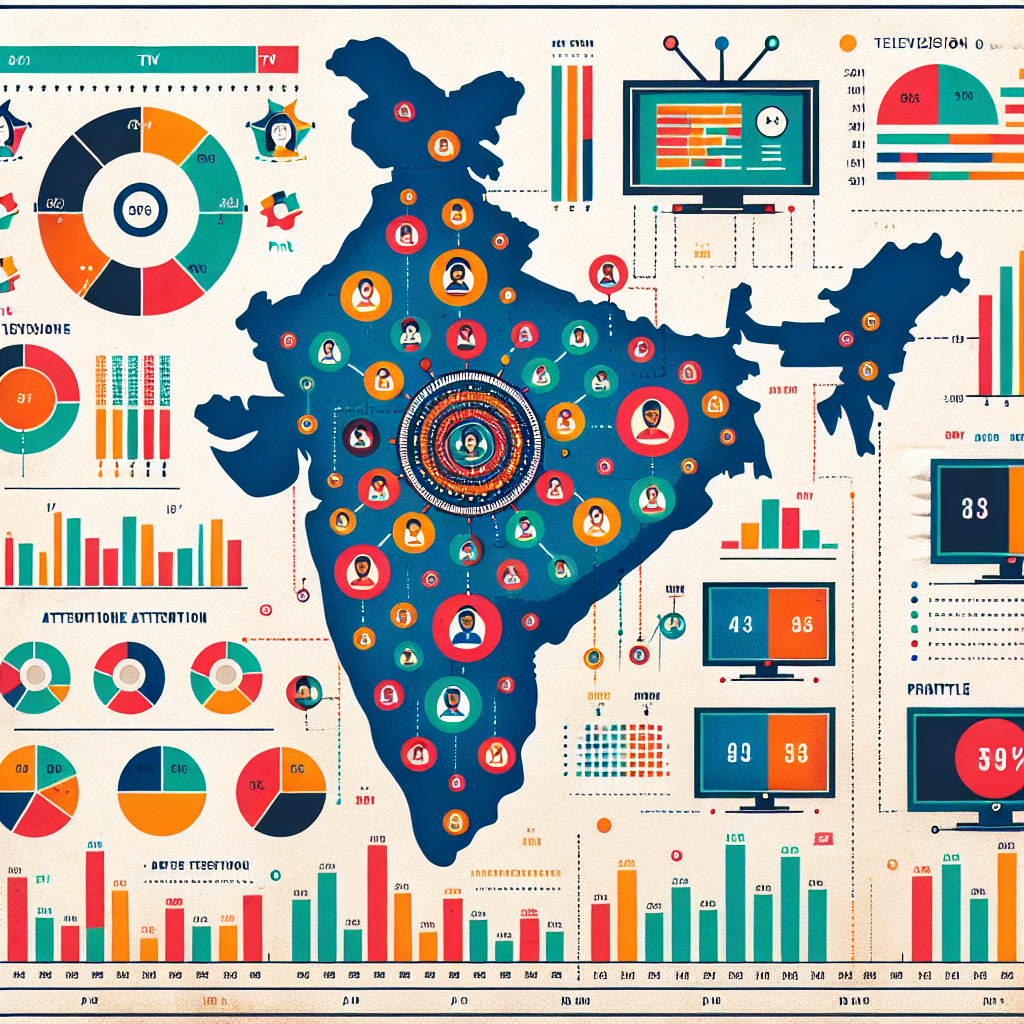Why the Death of Third-Party Cookies is a Win for Consumer Privacy
As Jesse waited for his coffee at a local café last month, he noticed a notification on his phone: an advertisement for running shoes he had browsed just minutes earlier on a completely different device. The eerie accuracy of cross-device tracking made him pause. How did they know? This moment of digital déjà vu sparked his curiosity about the invisible data machinery powering our online experiences. The more he researched, the more he realized they were standing at a pivotal moment in digital marketing history—one where consumer privacy was finally taking center stage as third-party cookies faded away.
Introduction: The Privacy Paradigm Shift
For over two decades, third-party cookies have been the backbone of digital advertising, enabling brands to track consumers across websites, build detailed profiles, and deliver targeted advertisements. However, this surveillance-based marketing model has created an increasingly problematic privacy landscape. With Google Chrome joining Safari and Firefox in phasing out third-party cookies, the digital marketing ecosystem faces its most significant transformation since the advent of programmatic advertising.
This cookie deprecation represents not just a technical change but a fundamental realignment of power dynamics between consumers, brands, and technology platforms. As Harvard Business School professor John Deighton notes, "We're witnessing the end of the unregulated data collection era and the birth of a new privacy-conscious digital economy."
1. The Privacy Catalyst: Regulation and Consumer Awareness
The demise of third-party cookies hasn't occurred in isolation. It's been accelerated by a perfect storm of regulatory pressure and growing consumer awareness.
The European Union's General Data Protection Regulation (GDPR) in 2018, followed by the California Consumer Privacy Act (CCPA) and similar laws worldwide, created new legal frameworks prioritizing consumer consent and data minimization. Research from the Pew Research Center shows that 79% of Americans are concerned about how companies use their data, while 81% feel they have little or no control over the data companies collect.
These combined forces have created what privacy expert Ann Cavoukian calls "a transformative moment where privacy by design, not privacy by afterthought, becomes the industry standard."
2. The Consumer Benefits: Beyond Targeting Efficiency
The privacy-first era delivers several tangible benefits to consumers:
Enhanced Transparency and Control
Without third-party cookies, consumers gain greater visibility into data collection practices and more meaningful choices about how their information is used. The shift from implicit to explicit consent models marks a critical improvement in consumer agency.
Reduction in Cross-Site Tracking
The elimination of cross-site tracking capabilities means consumers can browse the internet without leaving a persistent digital trail across unrelated domains—a significant privacy improvement highlighted by the Electronic Frontier Foundation.
Decreased Data Vulnerabilities
With fewer third parties collecting and storing consumer data, the attack surface for potential data breaches narrows considerably. A 2023 IBM Security report indicated that the average data breach costs companies $4.45 million, with third-party vulnerabilities being a significant risk factor.
Case in point: When Apple implemented its App Tracking Transparency framework, which functions similarly to third-party cookie restrictions, data collection by apps decreased by approximately 68% according to AppsFlyer research.
3. The Marketer's Response: First-Party Data Renaissance
Forward-thinking brands are already embracing privacy-first approaches that respect consumer boundaries while maintaining effective marketing:
First-Party Data Strategies
Companies like Unilever and P&G have pivoted to building direct consumer relationships through loyalty programs, newsletters, and account-based experiences. These approaches generate high-quality first-party data with consumer consent at the center.
Zero-Party Data Collection
Brands such as Sephora and Nike actively request information directly from consumers through preference centers, surveys, and interactive experiences. This consensually-shared data often yields higher accuracy and relevance than third-party alternatives.
Professor Shoshana Zuboff of Harvard Business School frames this shift eloquently: "We're moving from surveillance capitalism to a relationship-based digital economy where value exchange is explicit and mutually beneficial."
4. The Technology Evolution: Privacy-Preserving Innovation
The cookieless future has sparked remarkable technical innovation:
Privacy Sandbox and FLEDGE
Google's Privacy Sandbox initiatives aim to enable certain advertising functions without third-party cookies through technologies like FLEDGE (First Locally-Executed Decision over Groups Experiment), which keeps user data on the device rather than sharing it with third parties.
Federated Learning
This machine learning approach allows algorithms to be trained across multiple devices while keeping data local—enabling personalization without centralized data collection.
Contextual Renaissance
Advanced contextual advertising platforms like GumGum and Oracle Contextual Intelligence use AI to understand page content rather than user behavior, delivering relevant ads without personal data.
As Microsoft's privacy team aptly stated, "The most innovative companies will see privacy not as an obstacle but as a catalyst for reimagining customer experiences."
5. The Path Forward: Ethical Data Stewardship
The cookieless era represents an opportunity to redefine data practices around ethical principles:
Trust as Currency
Brands that demonstrate responsible data stewardship will build stronger consumer relationships. Research from Edelman indicates that 81% of consumers say trust is a critical factor in their purchasing decisions.
Privacy Differentiation
Companies like Apple have successfully positioned privacy as a competitive advantage, with CEO Tim Cook declaring privacy "a fundamental human right" and implementing features that give users unprecedented control.
Balanced Value Exchange
The emerging model requires explicit value delivery in exchange for data sharing. Spotify's personalized playlists and Netflix's recommendation engine exemplify beneficial applications that motivate consumers to share information willingly.
Conclusion: A More Sustainable Digital Ecosystem
The death of third-party cookies ultimately represents progress toward a more ethical and sustainable digital ecosystem. By realigning marketing practices with consumer privacy expectations, the industry can rebuild trust damaged during the data-collection free-for-all of the past two decades.
As we navigate this transition, we're witnessing not just the end of a tracking technology but the beginning of a new era where privacy and personalization can coexist through innovation, transparency, and respect for consumer boundaries.
Call to Action
For marketing leaders navigating this privacy-first landscape:
- Audit your current data collection practices and implement consent management platforms that give consumers genuine choice
- Invest in first-party data infrastructure that centralizes customer information collected with explicit permission
- Experiment with privacy-preserving technologies that enable personalization without compromising user privacy
- Develop transparent data policies that clearly communicate value exchanges to your customers
The organizations that embrace privacy as an opportunity rather than an obstacle will not only comply with evolving regulations but will also earn the lasting trust that drives sustainable business growth in the digital age.
Featured Blogs

TRENDS 2024: Decoding India’s Zeitgeist: Key Themes, Implications & Future Outlook

How to better quantify attention in TV and Print in India

AI in media agencies: Transforming data into actionable insights for strategic growth

How the Attention Recession Is Changing Marketing

The New Luxury Why Consumers Now Value Scarcity Over Status

The Psychology Behind Buy Now Pay later

The Rise of Dark Social and Its Impact on Marketing Measurement

The Role of Dark Patterns in Digital Marketing and Ethical Concerns








